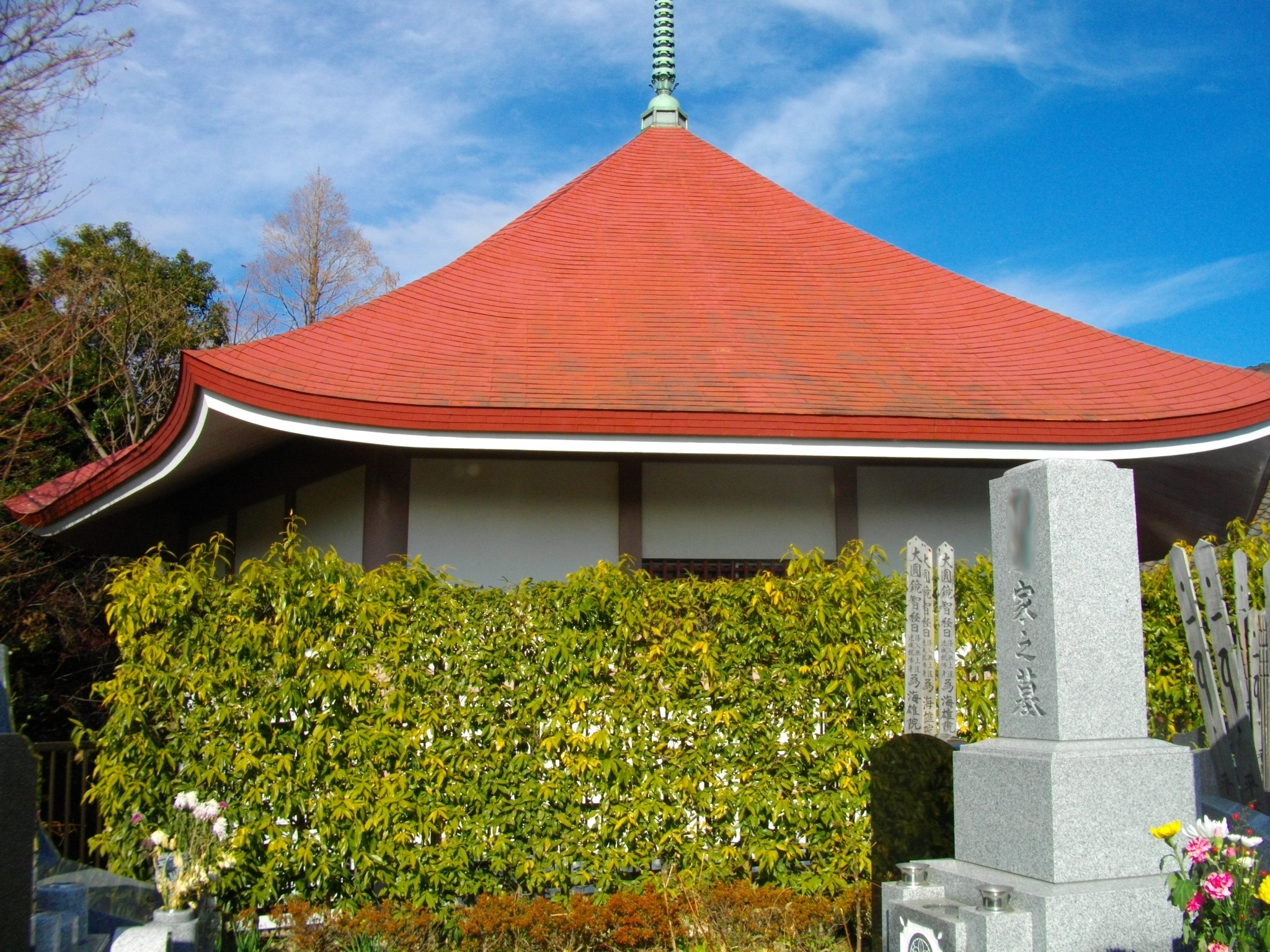Bombing Of The Soji-ji Ossuary on:
[Wikipedia]
[Google]
[Amazon]
 The was a terrorist bomb attack in
The was a terrorist bomb attack in
Yokohama
is the second-largest city in Japan by population and the most populous municipality of Japan. It is the capital city and the most populous city in Kanagawa Prefecture, with a 2020 population of 3.8 million. It lies on Tokyo Bay, south of To ...
, Japan
Japan ( ja, 日本, or , and formally , ''Nihonkoku'') is an island country in East Asia. It is situated in the northwest Pacific Ocean, and is bordered on the west by the Sea of Japan, while extending from the Sea of Okhotsk in the north ...
that occurred on 6 April 1972. It was undertaken by a group which would soon be known as the East Asia Anti-Japan Armed Front
The was a Japanese New Left terrorist organization that existed from 1972 to 1975.
The EAAJAF self-identifies as a leftist group which espouses Anti-Japaneseism ideology of revolution against the Japanese state, corporations, and symbols of Jap ...
, though this name was not decided on until later in the same year.
Origin and history of the target
The remains that were laid in Joshoden, the ossuary of Soji-ji in Yokohama, are those of about 5,000 Japanese who lived inKorea under Japanese rule
Between 1910 and 1945, Korea was ruled as a part of the Empire of Japan. Joseon Korea had come into the Japanese sphere of influence with the Japan–Korea Treaty of 1876; a complex coalition of the Meiji government, military, and business offic ...
originally buried in the cemeteries of Keijo, the then capital of Korea which is now Seoul
Seoul (; ; ), officially known as the Seoul Special City, is the capital and largest metropolis of South Korea.Before 1972, Seoul was the ''de jure'' capital of the Democratic People's Republic of Korea (North Korea) as stated iArticle 103 ...
. After the end of colonialism these remains were left unattended so at the behest of Mayor Kim Hyonok an ossuary was built in 1970 at a civilian cemetery in Seoul. However, a series of anti-Japanese attacks damaged this ossuary and finally on 15 August 1971 it was destroyed. The remains, which were out of necessity incinerated, were returned to Japan and it was decided that they would be entrusted to Soji-ji, the main temple of the Soto school Soto may refer to:
Geography
*Soto (Aller), parish in Asturias, Spain
*Soto (Las Regueras), parish in Asturias, Spain
*Soto, Curaçao, Netherlands Antilles
*Soto, Russia, a rural locality (a ''selo'') in Megino-Kangalassky District of the Sakha R ...
.
Attack
The East Asia Anti-Japan Armed Front decided to blow up the ossuary where "the bones of the invaders" laid in the name of "a resistance campaign for the Korean people". The date 1 March 1972 was chosen as the day to act due to its association with the March 1st Movement. However, because the staff at the temple saw the face of one of the members while doing advance inspection of the target, the plotters split into a group that sought to go ahead as planned and a group that wanted to play it safe and postpone the attack. The former group suffered its own internal split and disbanded. The remaining faction moved forward with their preparations and on 6 April detonated a bomb disguised as a fire extinguisher on the headstone. Although it made a deafening noise and opened a large hole in the ground, it did not cause serious damage to the ossuary.Bibliography
* Futaranosuke Nagoshi, Ed.『日韓2000年の真実 写真400枚が語る両国民へのメッセージ』(国際企画、1997) * Ryuichi Matsushita『狼煙を見よ 東アジア反日武装戦線"狼"部隊』 : (読売新聞社・戦後ニッポンを読む、1997) : (河出書房新社・松下竜一その仕事22、2000)See also
*East Asia Anti-Japan Armed Front
The was a Japanese New Left terrorist organization that existed from 1972 to 1975.
The EAAJAF self-identifies as a leftist group which espouses Anti-Japaneseism ideology of revolution against the Japanese state, corporations, and symbols of Jap ...
* Soji-ji
* Korea under Japanese rule
Between 1910 and 1945, Korea was ruled as a part of the Empire of Japan. Joseon Korea had come into the Japanese sphere of influence with the Japan–Korea Treaty of 1876; a complex coalition of the Meiji government, military, and business offic ...
References
{{DEFAULTSORT:Bombing of the Soji-ji Ossuary 1972 in Japan Japan–Korea relations April 1972 events in Asia Terrorist incidents in Japan in 1972 1972 crimes in Japan